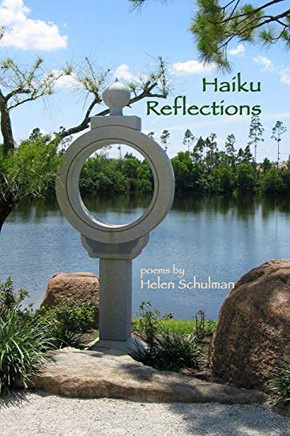
Independently Published
Haiku Reflections: Poetry
Product Code:
9781090530615
ISBN13:
9781090530615
Condition:
New
$10.66

Haiku Reflections: Poetry
$10.66
Traditionally, the haiku poetry form has 3 lines of 17 syllables (5-7-5), but that is in Japanese. When translating haiku or writing one's own in English, one often has to take some liberties with this form. Thus, an English haiku may end up with one, two or three syllables more or less. A traditional short 3-line haiku generally makes a point using an example from nature as a metaphor. In this collection of haiku, I often use the form to make a single philosophical point and don't always use a reference from nature to do so. For me, the form seems to lend itself well to expressing brief single thoughts and questions for which humanity seeks answers that haven't yet been found. If one wishes to explore traditional Japanese haiku, one can research the four great Japanese haiku masters. These are: Matsuo Basho (1644-1694); Yosa Buson (1716-1784); Kobayashi Issa (1763-1827); and Masaoka Shiki (1867-1902). Experimenting with writing one's thoughts in the haiku form can be a lot of fun. Once I got started on this track, my mind kept going non-stop on putting my thoughts as haiku, but taking a few liberties with the form.
| Author: Helen Schulman |
| Publisher: Independently Published |
| Publication Date: Mar 15, 2019 |
| Number of Pages: 94 pages |
| Language: English |
| Binding: Paperback |
| ISBN-10: 1090530617 |
| ISBN-13: 9781090530615 |





